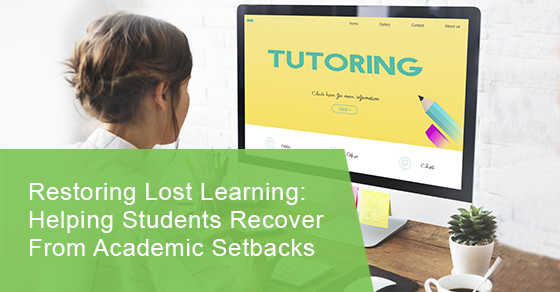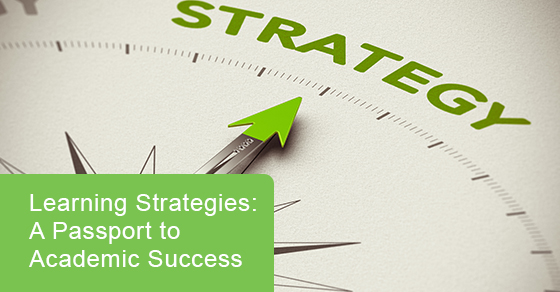It doesn’t take a pandemic for students with ADHD, dyslexia, and other learning challenges to experience a loss of academic skills and knowledge. Reversals in learning progress can be the result of prolonged illness, summer breaks, low course loads, or ineffective teaching. The past two years of classroom disruptions, social isolation, and remote teacher instruction, however, have had a devastating effect on neurodiverse learners, many of whom have struggled continually to adapt to new formats, keep up with their peers, manage their time, maintain their mental health, and remain engaged.
Falling Behind
Studies examining the detrimental effects of COVID-19 policies on academic achievement have been conducted in countries around the world. In Canada, the pandemic led to significant changes in education that halted progress for many students. Undesirable outcomes included mass and localized school closures, multiple models of education delivery, and severe gaps in support for students with disabilities.
Canadian data also reveals trends in higher teacher-assigned grades, increased secondary school failure rates, and lower than expected scores on report cards and standardized literacy tests (e.g., Star Reading, Developmental Reading Assessment) for young children in Alberta and Ontario (e.g., Cook 2020; Davies and Aurini 2021; Nerestant 2021; TDSB 2021). The data highlights discrepancies between the assessed academic skills and knowledge of students and grade-level curricular expectations. COVID-19 has unquestionably deepened and accelerated inequities in education outcomes.
A Way Forward
Despite the dire statistics, however, there are gains to be made. Skills, competencies, and knowledge related to reading and math, the arts, history, and social studies can be recovered, but to do so requires greater intensity and personalization of instruction and plenty of practice (Thompson and Steinbeis 2020; Woodard and Pollak 2020). The summer months are an ideal time for students to address this learning loss by developing and acquiring foundational academic skills, getting caught up on material, closing academic gaps, preparing for transitions to high school or postsecondary studies, moving ahead in a particular subject, reflecting on the current academic year, and setting goals for their fall courses.
Tutoring: Tried and True
No educational program is as effective in accelerating the reading and math achievement of struggling students as structured, high-dosage, one-to-one and small-group tutoring (Slavin et al., 2020). One of the oldest and most versatile forms of education, frequent and individualized tutoring yields “consistent and substantial positive impacts on learning outcomes” that are particularly strong among the earlier grades (Nickow et al., 2020). According to the nonprofit Education Endowment Foundation, individual and small-group tutoring from talented instructors provides students with greater feedback from the teacher, more sustained engagement, and increased responsiveness to student needs (educationendowmentfoundation.org.uk). When it comes to remediating the learning setbacks caused by the pandemic, tutoring can address knowledge gaps and help students get back on track when they are falling behind. In addition to stronger academic outcomes, personalized one-to-one online instruction can be an effective tool to help students improve their psychological well-being and enhance their socioemotional skills.
As a virtual student-learning and wellness centre, Evoke Learning has supported students with ADHD, learning disabilities, and ASD (and their families) for more than a decade. We understand their unique profiles and learning needs and use evidence-based best practices in our virtual instruction, employing effective strategies, structure, and tools to enhance student engagement and helping our clients monitor their progress. Contact us to learn more about how we can support your family as you work to bounce back from the pandemic.
Additional Resources:
Annenberg Institute for School Reform: Student Learning
National Center for Learning Disabilities: Promising Practices to Accelerate Learning



